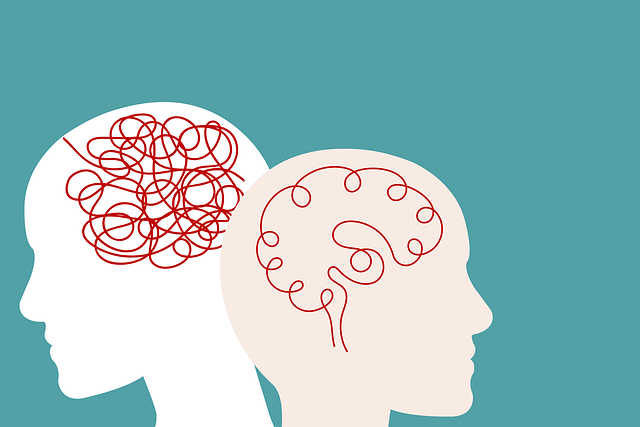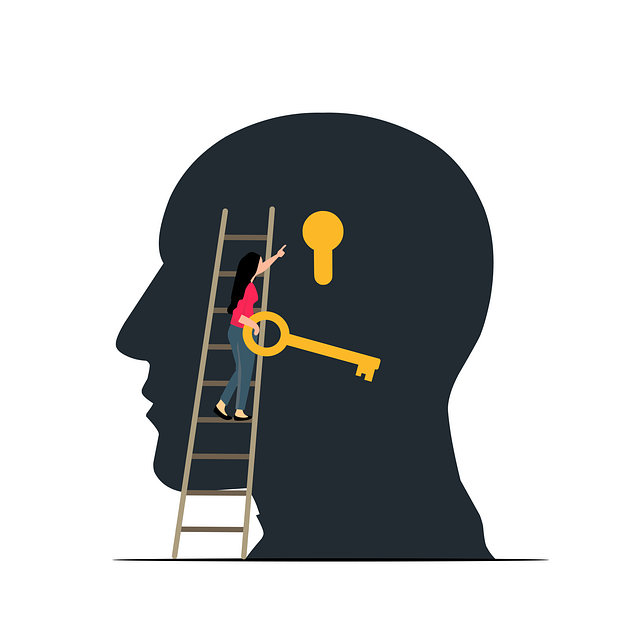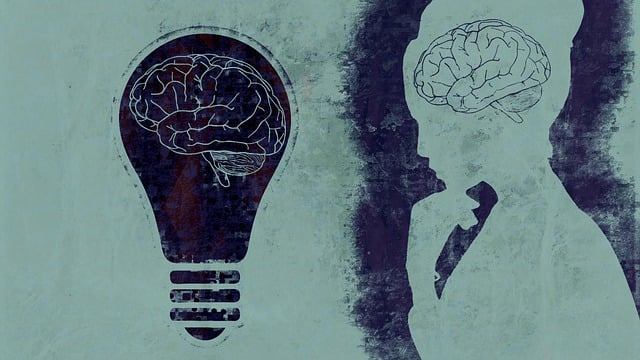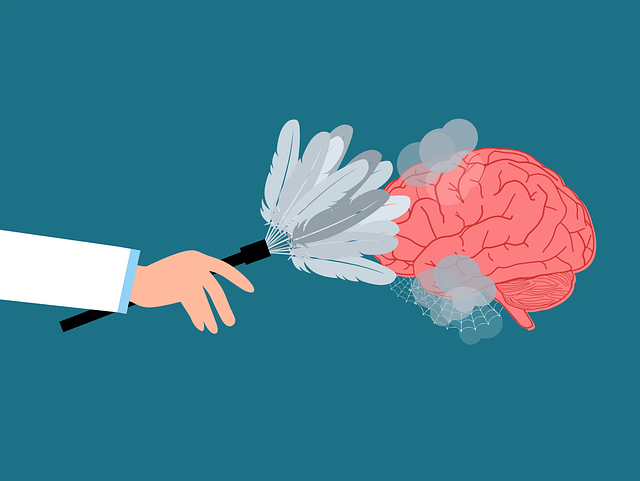Lafayette Adolescent and Teen Therapy prioritizes cultural sensitivity in mental health care, recognizing that each teenager's experience is shaped by their unique cultural background. They overcome language differences, adapt therapeutic approaches, and offer tailored wellness coaching to create inclusive spaces. Through comprehensive training and active recruitment of diverse staff, they ensure culturally competent care, improving client satisfaction and clinical outcomes while addressing issues like trauma, depression, and burnout effectively across various backgrounds.
In the diverse landscape of mental healthcare, cultural sensitivity is paramount, especially when addressing adolescent well-being. This article explores the critical need for culturally competent practices, focusing on the unique challenges within cross-cultural therapy. We delve into strategies employed by Lafayette Adolescent and Teen Therapy to foster inclusive environments, drawing from real-world examples. Understanding cultural diversity is essential to improving treatment outcomes and ensuring every young person receives care tailored to their background.
- Understanding Cultural Diversity in Adolescent Mental Health
- Challenges and Barriers in Cross-Cultural Therapy
- Strategies for Culturally Sensitive Practice at Lafayette Adolescent and Teen Therapy
- The Impact of Cultural Competence on Treatment Outcomes
- Fostering Inclusive Spaces: Tips for Mental Healthcare Professionals
Understanding Cultural Diversity in Adolescent Mental Health

Adolescent mental health is a complex landscape that reflects the rich tapestry of cultural diversity within our society. At Lafayette Adolescent and Teen Therapy, we recognize that understanding and respecting this diversity are paramount to providing effective care. Each teenager’s experience with mental health issues is shaped by their unique cultural background, family dynamics, and community influences. For instance, what constitutes emotional expression or a “mood disorder” can vary significantly across cultures. What might be considered a sign of distress in one society could be a normal coping mechanism in another.
This cultural sensitivity requires therapists to go beyond the conventional approaches and engage in active listening, open dialogue, and cultural competence training. By doing so, we facilitate a safe space for teens to explore their inner strength and develop healthy mood management strategies that resonate with their personal values and beliefs. Our Mental Wellness Podcast Series Production often highlights these cultural nuances, offering insights into how to navigate the challenges of adolescence within diverse communities.
Challenges and Barriers in Cross-Cultural Therapy

Navigating cross-cultural therapy can pose unique challenges for mental healthcare practitioners, especially when working with diverse populations like those at Lafayette Adolescent and Teen Therapy. Understanding cultural nuances is paramount to ensuring effective treatment. One significant barrier lies in the potential language differences, which may hinder open communication and accurate assessment of a patient’s emotional state. This challenge requires therapists to employ interpretation services or learn basic linguistic skills to bridge the gap.
Furthermore, differing cultural beliefs and values can influence how individuals perceive mental health issues and seek help. Some cultures emphasize collective support systems while others value individualism in coping with difficulties. At Lafayette Adolescent and Teen Therapy, therapists must adapt their approaches to respect these differences, incorporating strategies that foster trust and encourage the expression of inner strength. This may involve integrating cultural elements into therapy sessions to promote the development of coping skills and mood management techniques tailored to each client’s unique background.
Strategies for Culturally Sensitive Practice at Lafayette Adolescent and Teen Therapy

At Lafayette Adolescent and Teen Therapy, we recognize that cultural sensitivity is a cornerstone of effective mental healthcare. To ensure inclusive and compassionate services, our practice implements several strategies. These include comprehensive training for our therapists on cultural competency, enabling them to understand and appreciate diverse beliefs, values, and behaviors. We actively recruit and support staff from various ethnic and cultural backgrounds, enriching our team with multiple perspectives.
Additionally, Lafayette Adolescent and Teen Therapy offers ongoing mental wellness coaching programs and risk assessment workshops tailored to address the unique needs of different cultural groups. Through these initiatives, we empower both our professionals and clients to navigate complex issues related to mental health in a culturally sensitive manner. Our commitment to mental health policy analysis and advocacy further strengthens our approach, ensuring that we stay updated with best practices and promote equitable access to care for all adolescents and teens.
The Impact of Cultural Competence on Treatment Outcomes

Cultural competence is a cornerstone in modern mental healthcare, significantly influencing treatment outcomes. At Lafayette Adolescent and Teen Therapy, we recognize that each client enters therapy with a unique cultural background, shaped by their identity, experiences, and beliefs. This cultural context plays a vital role in their mental health journey and the effectiveness of interventions. By integrating Cultural Sensitivity into our practice, we aim to provide tailored care that respects and values diverse cultural norms, ensuring our clients feel understood and supported throughout their therapy process.
Incorporating cultural competence goes beyond simple awareness; it involves adapting therapeutic approaches, communication styles, and treatment plans to align with the client’s cultural framework. This personalized approach fosters trust, enhances engagement in therapy, and promotes positive outcomes. Studies have consistently shown that culturally sensitive mental health services lead to improved client satisfaction, increased access to care, and better clinical results, ultimately reducing risks of burnout among therapists and strengthening crisis intervention guidance. Effective cultural sensitivity training, integrated within Mental Health Education Programs Design, is a game-changer in preventing therapist burnout and ensuring sustainable, impactful therapy practices.
Fostering Inclusive Spaces: Tips for Mental Healthcare Professionals

Creating inclusive spaces is paramount for mental healthcare professionals, as it fosters a sense of belonging and encourages open communication. At Lafayette Adolescent and Teen Therapy, we emphasize understanding cultural nuances to provide personalized care. Incorporate diverse perspectives into your practice by educating yourself about different cultural beliefs, values, and traditions. This knowledge enables you to adapt your therapeutic techniques, ensuring every client feels respected and valued.
Encourage a safe environment where all individuals feel empowered to share their unique experiences. Consider offering multilingual resources and translating materials when necessary. Additionally, integrate culturally sensitive activities or rituals into sessions, if appropriate, to strengthen the therapeutic bond. By implementing these strategies, mental healthcare professionals can effectively support clients from various backgrounds, addressing concerns like trauma support services, depression prevention, and burnout prevention with enhanced cultural sensitivity.
Cultural sensitivity in mental healthcare is not just a preference, but an imperative. As evidenced by the strategies employed at Lafayette Adolescent and Teen Therapy, recognizing and respecting cultural diversity can significantly enhance treatment outcomes. By addressing challenges such as language barriers and implicit biases, mental healthcare professionals can foster inclusive spaces that promote healing and growth for all adolescents. Understanding these nuances is key to providing effective care, ensuring every patient feels seen, heard, and valued.













